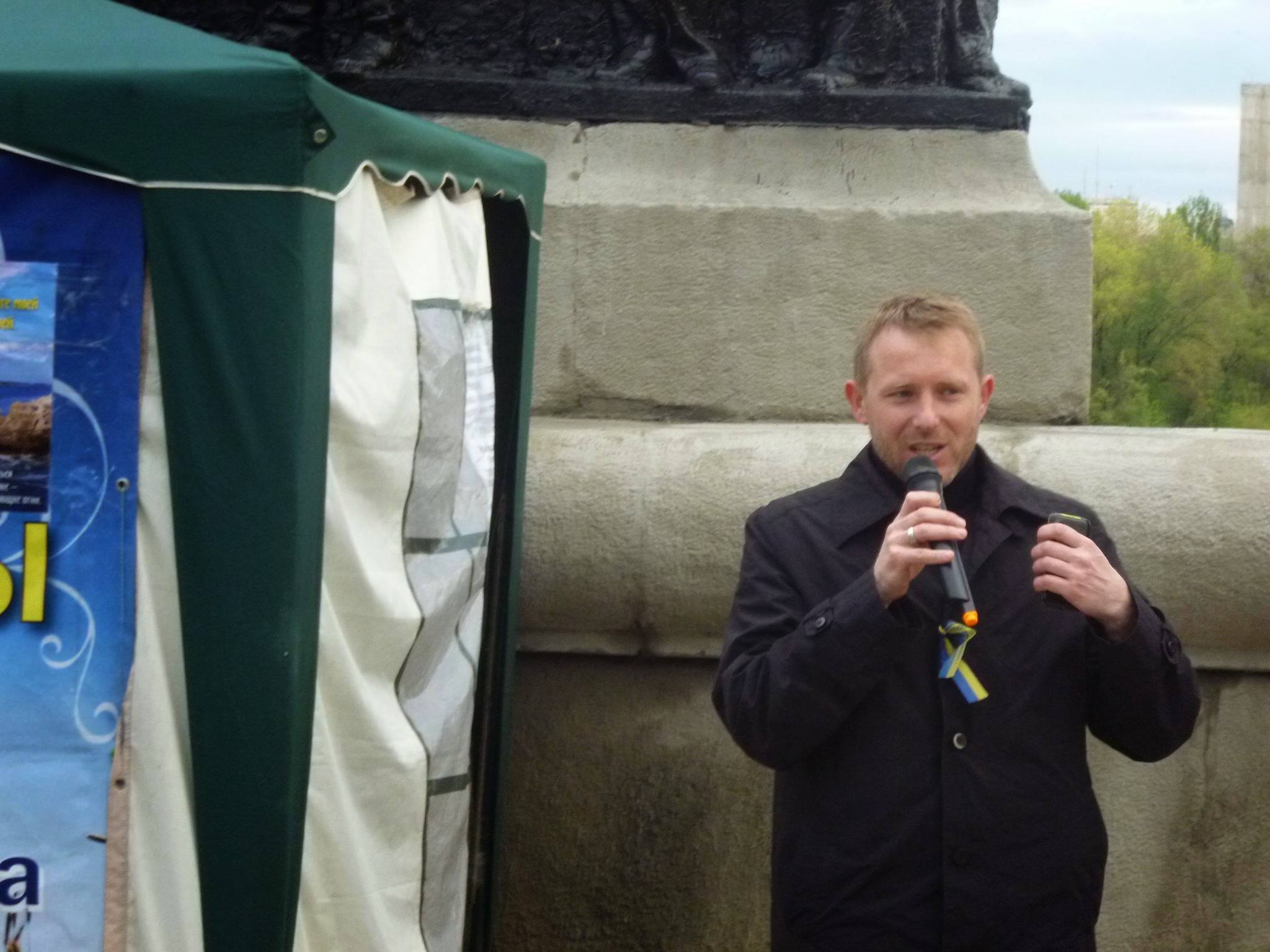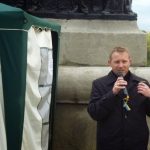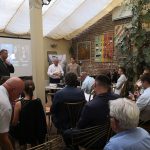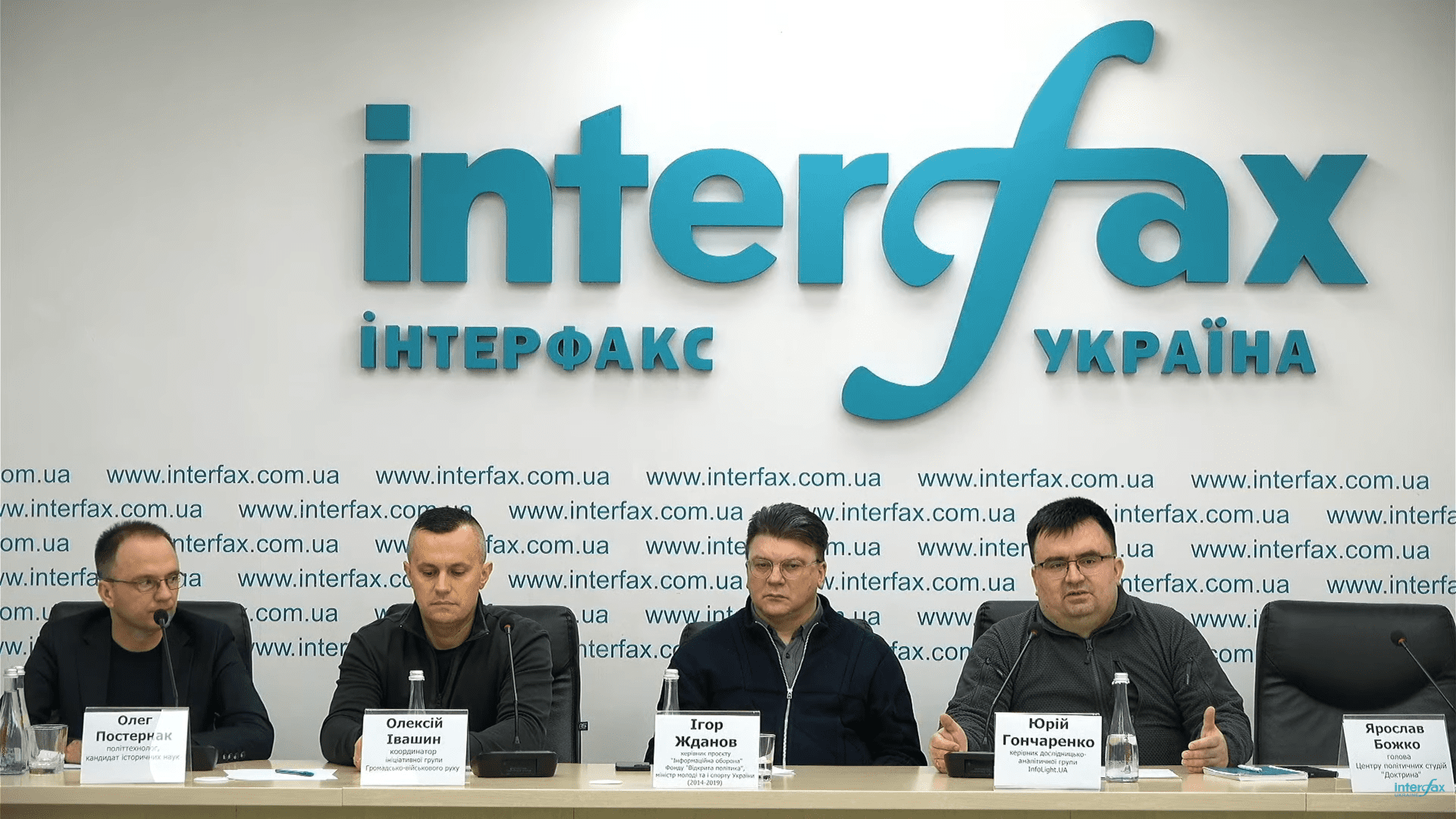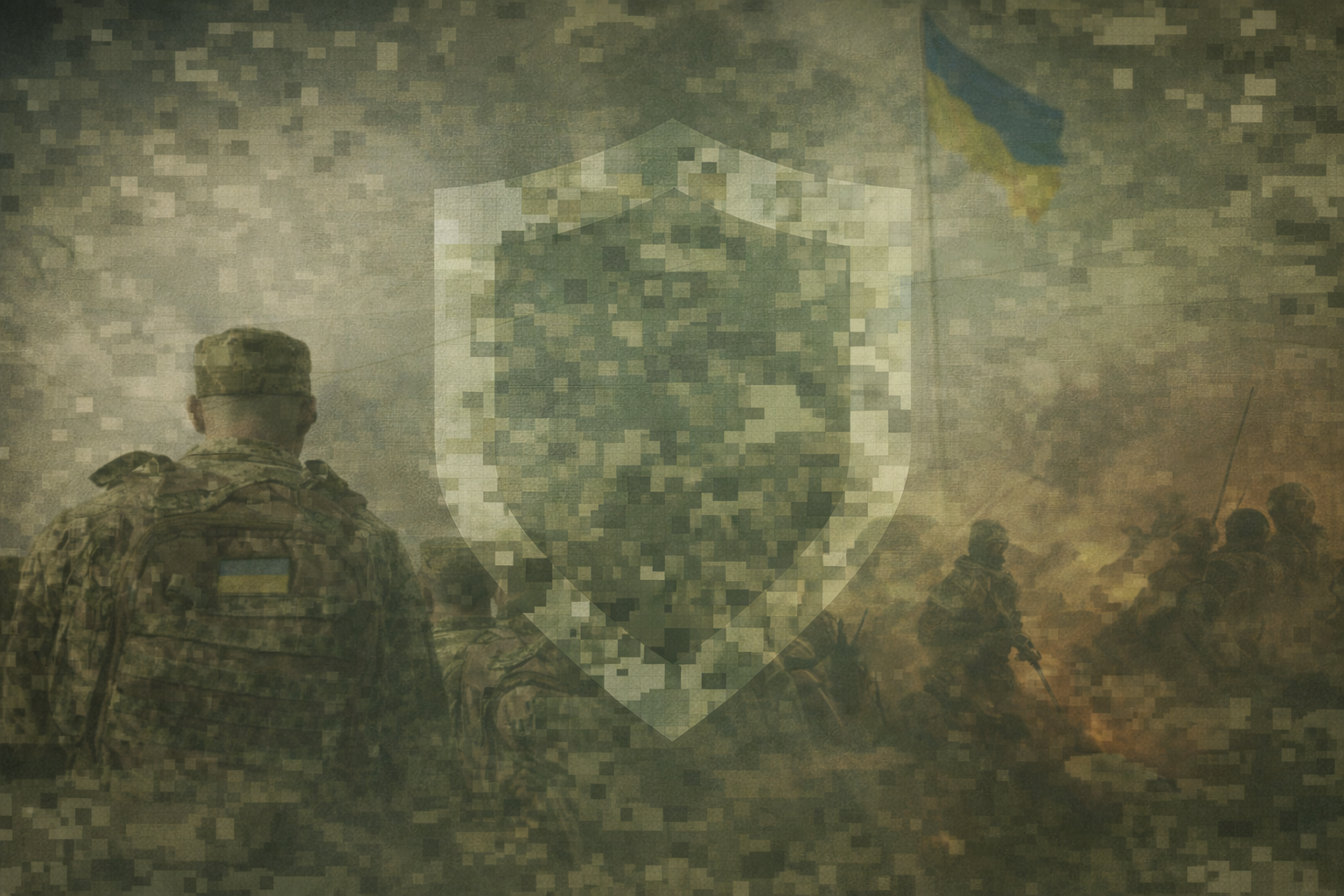The religion plays an essential role in the war between the aggressor Russia and Ukraine in the eastern regions. This is not only about propaganda, but the politics of violence against various religious organizations. Quite an amount of churches’ thefts, murders, churchmen’s tortures took place in 2014-2015. The acts of persecution, however, seem to be …
The religion plays an essential role in the war between the aggressor Russia and Ukraine in the eastern regions. This is not only about propaganda, but the politics of violence against various religious organizations. Quite an amount of churches’ thefts, murders, churchmen’s tortures took place in 2014-2015. The acts of persecution, however, seem to be continuing.
So far, at the end of June 2018, we received unsettling news about DPR (Donetsk People’s Republic) occupational government raiding the Muslim mosque Al Amal in Donetsk via repressive punitive agency “MGB” (Ministry for State Security). The religious literature including prayer’s books was seized and the buildings were sealed off through searches.
A self-proclaimed head of DPR Oleksandr Zakharchenko once said he recognizes only the four denominations.
“I am orthodox and I pay visits to church. As for me, the person who believes in God can only belong to the Moscow Patriarchate…I recognize 4 denominations: the Eastern Orthodox Christianity, the Roman Catholic Church, Islamism, and Judaism.”
Це слайдшоу вимагає JavaScript.
However, evidently, the religious situation does not resemble the peaceful coexistence of religious organizations in the east of Ukraine. The occupational government prefers one church, the subsidiary of the Russian Orthodox in Ukraine that names itself the Ukrainian Orthodox Church (of the Moscow Patriarchate).
The Ukrainian religious scholar and journalist that lived in the invaded Donetsk and now happened to be in an illegal detention Stanislav Asieiev once wrote about the Easter service in Donetsk in 2016. He said the representatives of the Moscow Patriarchate stopped the vigil on the arrival of Oleksandr Zakharchenko as a sign of loyalty.
In “the DPR’s Constitution”, which was declared by the occupational government on 14th May 2014, we can find the following.
«…the original and the dominant belief is the Orthodox faith… that the Russian Orthodox Church (Moscow Patriarchate) professes. The historical experience and the role of the Russian Orthodox Church (Moscow Patriarchate) are recognized and respected as other concepts (columns) of the Russian World.”
As illegal cooperative military regiments started repression, punitive and military actions in Donetsk and Luhansk Oblasts (regions), there was an interference with the religious life of many communities. Furthermore, there were organizations that proclaimed themselves as pretty much military-religious entities destined to establish a single “right” faith. Among them, you can find the “Russian Orthodox Army”, an association that used the image of Christ the Savior as its official banner and carried out the abduction of people, interrogations, tortures and executions on the territory of the former regional Office of the Security Service of Ukraine. In addition, there were units in the number to the battalion, which are affiliated with the Russian public organization of the Almighty Don Host. It also committed acts of violence, covering their actions with the desire to fight for the domination of a single religion.
Military alliances aimed at ending the activities of the majority of religious organizations in the region, with the exception of the Ukrainian Orthodox Church of the Moscow Patriarchate. The practice of unauthorized seizure of premises of religious communities, the placement of military warehouses, garrisons instead, and the use of religious premises not for their intended purpose became quite constant.
At the same time, the local representatives of the Moscow Patriarchate cooperated with the occupational government, supporting the propaganda of war and hatred during the services, as well as interaction with sabotaging units. The last, by the way, arrived from the Russian Federation to seize the power on the territory of Donetsk and Luhansk Oblasts.
The premises of one of the oldest monasteries of the Sviatohirsk Lavra of the Ukrainian Orthodox Church of the Moscow Patriarchate were the base for the saboteurs’ stay. Later, it was they who attacked Sloviansk and initiated military actions against Ukraine. What is more, Villa Mariia, a hotel complex, which also belongs to the Ukrainian Orthodox Church of the Moscow Patriarchate in Sloviansk, was mentioned to be the saboteurs’ accommodation.
The repeated participation of the priests of the Ukrainian Orthodox Church of the Moscow Patriarchate in the various public events held by the occupational government, as well as the facts of direct participation in the persecution of Ukrainian citizens, including participation in violence is, actually, the separate topic. Two non-governmental organizations – the Center for Civil Liberties and the International Partnership for Human Rights – monitored the persecution of religious beliefs, gathered evidence of unlawful restrictions on freedom, torture and other forms of discrimination in the occupied territories during 2014-2015. They collected numerous interviews with victims of such discrimination.
Here is a passage of an interview with a hostage from Donetsk, who was a captive and was illegally detained in the seized state buildings.
“Orthodox priests came from Novosibirsk and got drunk with Miasnik (the Butcher, a militant of an illegal military group). They came to preach their faith because we are not canonical Orthodox. We are “wrong”. These priests put on Cossack hats and took sabers in their hands shouting that they were Cossacks. They told us that Orthodox people came from the Novosibirsk parish to save the Rus’ people and fight for faith. They were really drunk, began waving their crosses and forced us to kneel for punishment. One of them repeatedly hit Lyokha (Oleksii) with a cross, until he started bleeding and he finally broke his cross. ”
Not only representatives of the Ukrainian Orthodox Church of the Moscow Patriarchate, but also representatives of the Russian Orthodox Church, who arrived directly from the territory of the Russian Federation, participated in persecution and punitive actions.
In March 2014, the representatives of local churches created an association called the Donetsk Council of Churches. About 60 denominations of different directions joined the Council. The Ukrainian Orthodox Church of Moscow Patriarchate was also invited to join this association. However, the Church simply ignored this invitation.
The Prayer Marathon, an open-ended event, was launched on the initiative of the Donetsk Council of Churches and was held at the Constitution Square (Donetsk). It was an inter-confessional prayer initiative aimed at restoring peace and the legal Ukrainian, preserving the unity of Ukraine. This action began as an event that, at first, gathered pastors and priests for a joint prayer. However, in a very short time, the rally gathered believers of different denominations. A tent with a national flag of Ukraine was installed on the site of the Prayer Marathon.
The repressive and punitive bodies of the occupational authorities took measures to stop the Prayer Marathon. The tent was broken over and over again. The belongings along with the national flag of Ukraine from the tent were thrown into the Kalmius River. The attackers motivated their actions making a stand against the “schismatics”, “satanists”, “Uniates”, who have no place on the territory controlled by the occupational authorities.
On May 23, 2014, 25 armed men arrived at the place of the Prayer Marathon in Donetsk, who dismantled the tent and threatened with firearms to kill everyone who would come back to join the communal prayer. Pastor of the “Assemblies of God” group of churches Serhii Kosiak appealed to the leadership of the militant’s calling for negotiations. In response, he was arrested and subjected to physical violence. The local government reported that the Prayer Marathon is possible only in the case when no references to Ukraine are brought up. By the way, Serhii Kosiak’s memoirs about the events in Donetsk will be printed shortly.
Ihor Hirkin, who declared himself as a “defense minister”, arrived in Donetsk in July 2014. Many militants from the territory of the Russian Federation arrived in the city with him and publicly expressed fanatical views and religious intolerance. At the beginning of August 2014, the tent of the Prayer Marathon was once again destroyed and the priest Oleksandr Khomchenko was abducted. Before the kidnapping, Oleksandr Khomchenko managed to call the Muslim mufti Said Ismahilov and warn that the next action of repression against the participants of the Prayer Marathon had already begun. The call saved the life and freedom of the mufti from Donetsk. He managed to leave the occupied territories at once.
Oleksandr Khomchenko was brought to a neighboring Donetsk city – Makiivka, where he was charged with involving people in sects. During four days of captivity, he suffered numerous tortures, beatings, strangles, and imitation of shooting. In 2018, after long-lasting illnesses that stroke him after gaining freedom, Oleksandr Khomchenko died.
Furthermore, in July 2014, the militants illegally detained the priest of the Ukrainian Greek Catholic Church Tykhon Kulbak. For keeping him in captivity for 10 days, representatives of the repressive bodies of the self-proclaimed republic committed violence against the priest. They refused him to provide medical care, despite being aware of his diabetes disease. Tykhon Kulbak was barely shot for three times. The militants imitated shooting by firing near his head. As a result, he acquired a heart disease and complications associated with diabetes mellitus. As of now, Tykhon Kulbak has undergone a number of difficult operations. Currently, he lives in the city of Lviv, where he is a pastor in a church.
This is his testimony about being in captivity.
“He (a pro-Russian militant) pushed me and I crashed into the wall. He hit my head against the wall and ordered me to pray. I began to say the Lord’s prayer. Then I heard the reloading of the pistol and a series of automatic shots. My ear could feel the heat from the hot air shots and I realized that they were aiming at the wall next to my head. I felt that pieces of plaster from the wall were falling on my head. It was really loud, deafening. I lost consciousness. When I came to my senses, I was laying on the wet ground outside. Everyone was laughing. In the cell, I heard a lot of voices outwards, not just the two of them. They thought it was fun. They then poured the water on me, hit me and ordered to stand up again. ”
During the interrogations, he was being persuaded he was a representative of the heretical faith, which has no place in the occupied territory.
The victims of torture and abduction were also Catholic priests who participated in the Prayer Marathon. Victor Vonsovych, a priest of the parish of the Sacred Heart of Jesus, was kidnapped in Gorlivka. After staying in captivity for ten days, he was forbidden to return to Gorlivka under the threat of execution by a firing squad. Catholic priest Pavlo Vitek was arrested in Donetsk. He was held captive in the premises of the former Regional Office of the Security Service of Ukraine.
Serious were the repressions against the Ukrainian Orthodox Church of Kyiv Patriarchate. The clear majority of parishes were closed by the occupational government, and the priests now fell into public lists of prisoners sentenced to death. The same happened to Father Savva in Sloviansk, who was forced to flee the occupied city in May 2014. The church of the Ukrainian Orthodox Church of the Kyiv Patriarchate was bombarded in the Novoazovsk Raion. The icons and other religious belongings were burnt down. The priest Oleksandr Shumata’s house was robbed.
Two priests of the Ukrainian Orthodox Church of Kyiv Patriarchate Oleksandr Shumin and Valerii Lotoriev were abducted and beaten up. As it turned out, their fault was in organizing emergency medical care for the Ukrainian wounded military. Two other priests, Pavlo Minkov and Yurii Ivanov, were abducted and after interrogations sent to labor camps imprisoned.
The persecution of Protestant pastors in the occupied territory was regular. During the Sloviansk occupation, on June 9, 2014, Protestants were immediately arrested after the Sunday Service. Deacon Volodymyr Velychko, Deacon Victor Bradarskyi, Ruvim and Albert Pavenko, sons of the local pastor were among the prisoners. They were kept in the premises of the Office of the Security Service of Ukraine, where they were subjected to torture and bullying. The bodies were found in a common unmarked fraternal grave.
During the Sloviansk occupation, the militants detained the bishop of the Evangelical Association of the Church of God Oleksii Demydovych, as well as Hennadii Lysenko. The last representative of the church was interrogated with the help of a knife, trying to find out about the church leaders and organizational structure.
In June 2014, the Word of Life Churches were captured in Torez and Shakhtarsk in Donetsk Oblast, and representatives of the clergy and the laity were told that they would be executed if they continued their religious activities. Both rooms were later used as garrisons for the militants’ activities, as well as the warehouses for weapons. In August 2014, the Word of Life Church was captured in Donetsk.
The premises of the Donetsk Christian University were seized and are currently being used as a full-fledged military base, where not only the garrison but also military equipment is stored.
Due to the violence of the militants, the activity of the Baptist Church in the city of Donetsk was stopped. During the service, 30 militants came to the church premises and told the attendees that they would be shot if they ever gathered again. The church was taken by militants for their own needs, and most of the parish was forced to leave for Mariupol.
The capturing of Protestant and evangelical churches were regular almost all around the occupied territory (Sloviansk, Druzhkivka, Gorlivka, Donetsk). It was accompanied by threats of physical harassment for parishioners of these churches, as well as physical persecution, torture, and murder of local pastors.
Among the allegations made by the occupational government to the representatives of various churches, you can find not only the allegation that they are agents of third states but also accusations of the secret support of Ukraine, as well as cooperation with the official Ukrainian authorities. Despite the fact that the Western media, as well as Ukrainian human rights activists, have gathered numerous evidence of persecution on the grounds of religious intolerance, torture, and murders of various communities, there is currently no indication that the participants and organizers are to be sued on the agenda.
The result of the Russian occupation of the Donetsk and Luhansk Oblasts was the establishment of a single official religious organization of the Ukrainian Orthodox Church of the Moscow Patriarchate, as well as the cessation of the activities of an absolute majority of Protestant and Evangelical Churches and the ones of the Ukrainian Orthodox Church of the Kyiv Patriarchate. Through the appropriation of church property and premises, persecution and restriction of freedom, the part of the parish of different faiths was forced to leave the occupied territories or carry out the religious rites in secret. For example, the activity of the Prayer Marathon in Donetsk continued underground in apartments or other objects by March 2015.
Ukrainian human rights organizations in April 2018 published the Appeal of the Human Rights Day on Freedom of Religion in the Occupied Crimea and in certain territories of the Donetsk and Luhansk Oblasts under the control of the Russian Federation. Fourteen human rights organizations require initiating a public report on the state of freedom of thought, conscience, and religion in the occupied Crimea and the territories of Donetsk and Luhansk Oblasts occupied by Russia. These are to be heard at a presentation during specially organized hearings in the US Congress.
According to human rights organizations, in the occupied territories of Donetsk and Luhansk Oblasts, the majority of religious communities have ceased to exist and the freedom of thought, conscience and religion are not possible at all.
